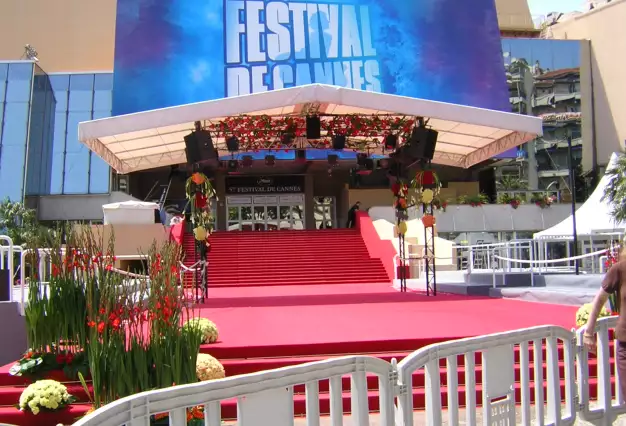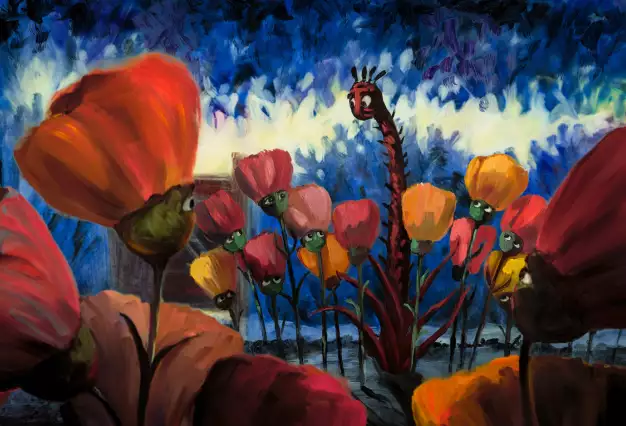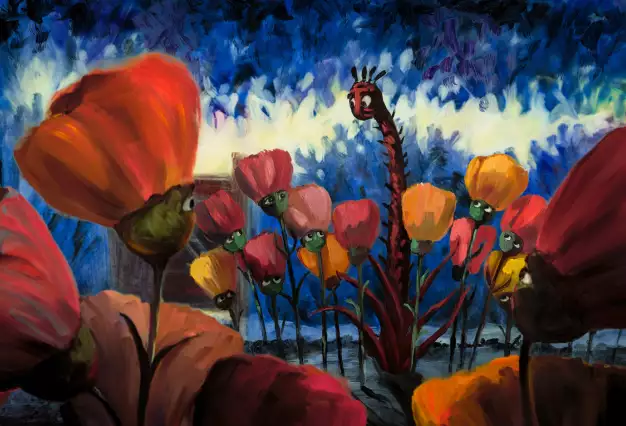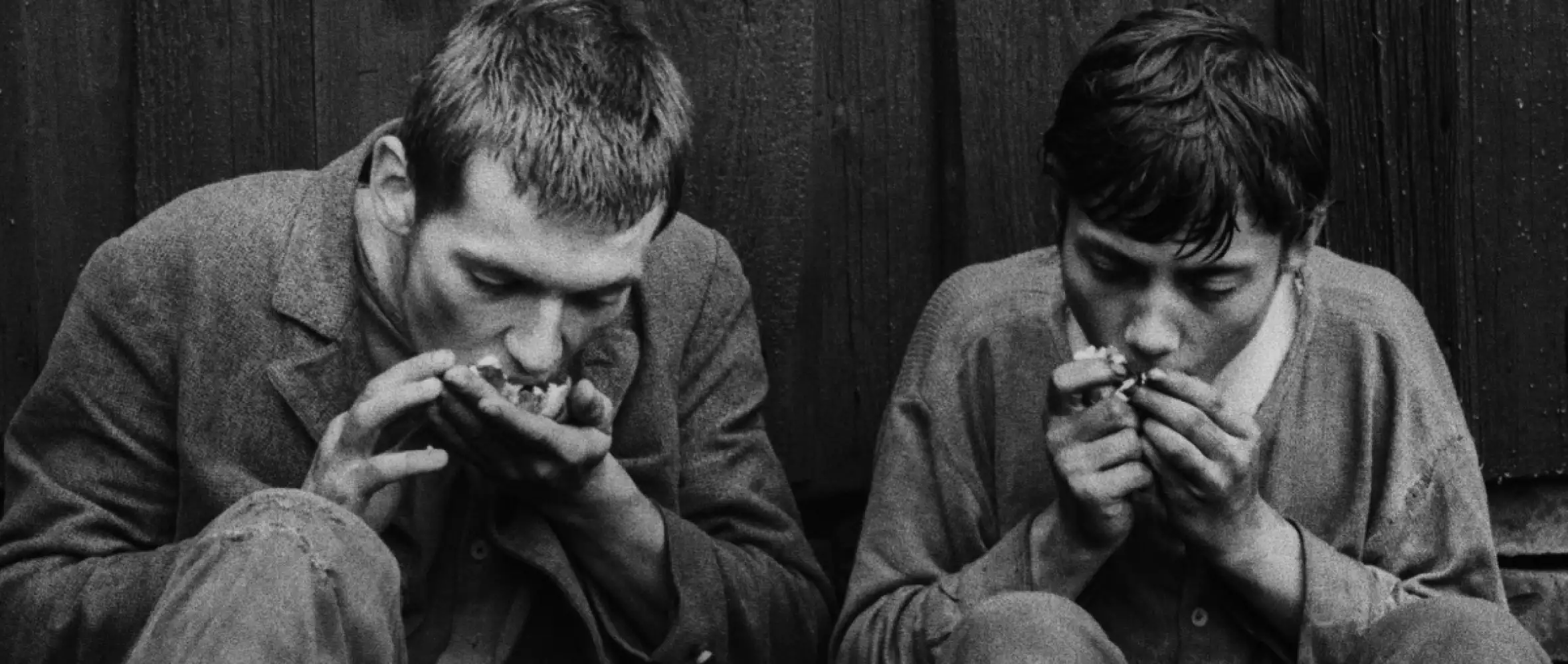
13 May 2018
Jan Němec Masterpiece, Diamonds of the Night to Shine at Cannes Classics
Premiere at Cannes on May 13
Jan Němec Masterpiece, Diamonds of the Night to Shine at Cannes Classics
Premiere at Cannes on May 13

A newly restored version of the debut by director Jan Němec, “enfant terrible” of the Czechoslovak New Wave, will be screened in the prestigious Cannes Classics showcase.
Article by Hedvika Petrželková and Irena Kovarova for Czech Film Magazine / Summer 2018
Diamonds of the Night, shot in 1964 in what was then still Czechoslovakia, is adapted from a short story of the same name by Arnošt Lustig, inspired by the author’s personal experience. In Němec’s rendering, the realistically written tale of two boys trying to stay alive after escaping a Nazi death transport, is a radical work of art inspired by surrealism. In the words of film theorist Peter Hames, Němec decided “to make no compromises in the attempt to create a non-realist film.” Rather than simply depicting the escape and the boys’ experiences, Němec seeks to evoke the mental state of his protagonists by way of stream of consciousness, transposing their internal vision into a mise-en-scène that is stark and imaginatively constricted. The dynamic imagery of the escape is given greater meaning through retrospective incorporation of the boys’ experiences and thoughts, or hallucinations. Hunger, fatigue, angst, fear—by choosing the format he does, Němec allows all these feelings to emerge in near-palpable fashion. The leitmotif of this open-ended film is the yearning for safety, presented here as a yearning for home.
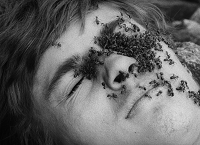 Critic Eric Hynes, in his Time out New York 4-star review of Diamonds of the Night, wrote: “Jan Němec’s debut stunner feels even more potent now that it’s been freed of the expectations and delineations of a national movement. In 64 fleet minutes, we’re utterly and overwhelmingly immersed in a Jewish fugitive’s singular experience, from hunger pains to hallucinatory reveries. Němec’s technique is as emotionally intuitive as it is masterful, purposefully scrambling past and present, handheld realism (a breathless opening tracking shot) and Bunuelian surrealism (fever-dreamed ants colonizing the boy’s angelic face). It’s a torrent of life—and cinema—in the face of death.”
Critic Eric Hynes, in his Time out New York 4-star review of Diamonds of the Night, wrote: “Jan Němec’s debut stunner feels even more potent now that it’s been freed of the expectations and delineations of a national movement. In 64 fleet minutes, we’re utterly and overwhelmingly immersed in a Jewish fugitive’s singular experience, from hunger pains to hallucinatory reveries. Němec’s technique is as emotionally intuitive as it is masterful, purposefully scrambling past and present, handheld realism (a breathless opening tracking shot) and Bunuelian surrealism (fever-dreamed ants colonizing the boy’s angelic face). It’s a torrent of life—and cinema—in the face of death.”
Though Němec’s feature-film debut undoubtedly ranks as one of the finest ever made in Czechoslovakia or the Czech Republic, the director himself has unjustly been outshined abroad by his more famous peers, including Miloš Forman and Věra Chytilová. Critic Peter Hames, in his book The Czechoslovak New Wave, writes: “Němec’s films have not achieved the same international reputation as the work of Forman, Menzel and Chytilová. One reason probably lies in their brevity, resolute experimentation and occasional rough edges. Němec admitted that all his films were made in a rush for fear that he would not be allowed to complete them, yet the speed with which the films were made gives them an urgent individuality that is one of their most attractive features.”
What Makes Us Free?
In “Off the Blacklist: The Films of Jan Němec,” published during the 2013–14 touring retrospective of Němec’s work in North America, Max Nelson, writing in Film Comment, offers a close look at Němec’s first three features, describing them as the source text for the Czechoslovak New Wave. “In Němec’s cinema, abstract questions — what makes us free? What, if anything, serves as a stable basis for political authority? What makes us unfree: ourselves or others? — are borne concretely out in the movement of bodies: at some moments penned chafingly in, at others set in nervous, unstable motion.” Nelson notes that Němec demonstrates this trait from his very first feature, Diamonds of the Night, praising the director for his economy of style. Nelson writes that Němec wastes no time on exposition, to “startling effect.” He goes on: “it’s immediately evident that the boys are running for their lives—which, it soon becomes clear, means that they’re running primarily for the freedom to keep running.”
Tereza Frodlová of the National Film Archive on the Digitization Process:
The image was digitized from the original negative on Agfa and Kodak film stock in 4K. Missing parts were replaced from a duplicate positive. The source of the sound was the sound negative. The goal of digital restoration was to make the film available in a form similar to what audiences would have seen at the time it was first released, in 1964. As a result, various idiosyncrasies originating from the shooting of the film and its laboratory processing have been preserved as evidence of the technologies and creative approaches of the time. A vintage print on Agfa film stock was selected as a reference for color corrections. The tonality of the digitally restored film is based on this print, created at the time when the film was first released.
JAN NĚMEC
(1936–2016, Prague)
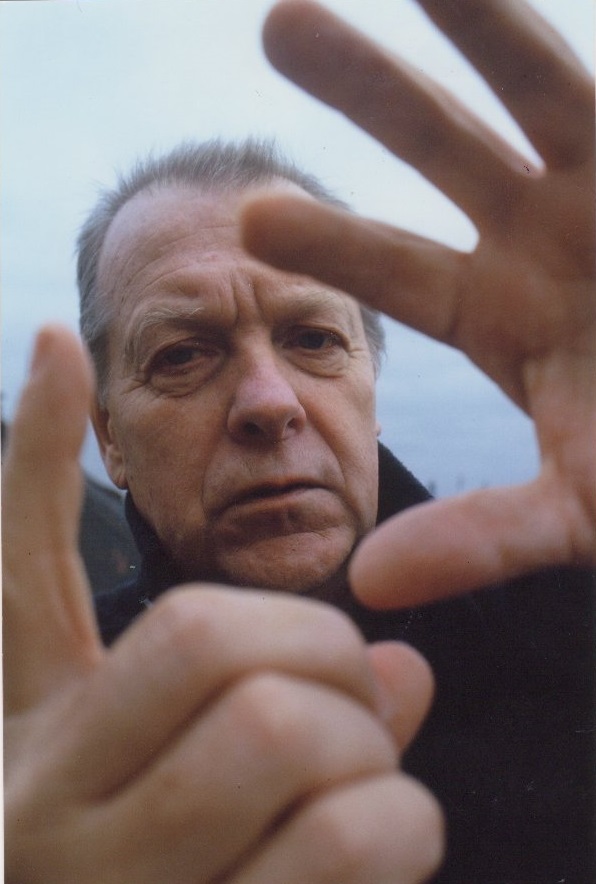 Was a key figure in Central European avant-garde cinema and the Czecho- slovak New wave. He made his debut with the internationally acclaimed Diamonds of the Night (1964), then created yet another masterpiece, The Party and the Guests (1966), which was competing for the Palme d'Or in 1968, together with Forman's The Firemen's Ball, and Menzel's Capricious Summer, and got him on the wrong side of the authorities in his own country. After making Oratorio for Prague (1968), about the Soviet-led invasion of Prague and the crushing of the Prague Spring, he was definitively banned from filmmaking, and in 1974 he was forced into exile, living in West Germany and the US. After the collapse of the East Bloc, he returned home and shot the majority of his films, mostly via his own company Jan Němec – Film. Throughout his career, Němec never stopped developing his nonconformist vision, challenging the boundaries of artistic freedom and the limits of film as medium, turning to more autobiographical subjects in the last 20 years of his career.
Was a key figure in Central European avant-garde cinema and the Czecho- slovak New wave. He made his debut with the internationally acclaimed Diamonds of the Night (1964), then created yet another masterpiece, The Party and the Guests (1966), which was competing for the Palme d'Or in 1968, together with Forman's The Firemen's Ball, and Menzel's Capricious Summer, and got him on the wrong side of the authorities in his own country. After making Oratorio for Prague (1968), about the Soviet-led invasion of Prague and the crushing of the Prague Spring, he was definitively banned from filmmaking, and in 1974 he was forced into exile, living in West Germany and the US. After the collapse of the East Bloc, he returned home and shot the majority of his films, mostly via his own company Jan Němec – Film. Throughout his career, Němec never stopped developing his nonconformist vision, challenging the boundaries of artistic freedom and the limits of film as medium, turning to more autobiographical subjects in the last 20 years of his career.


